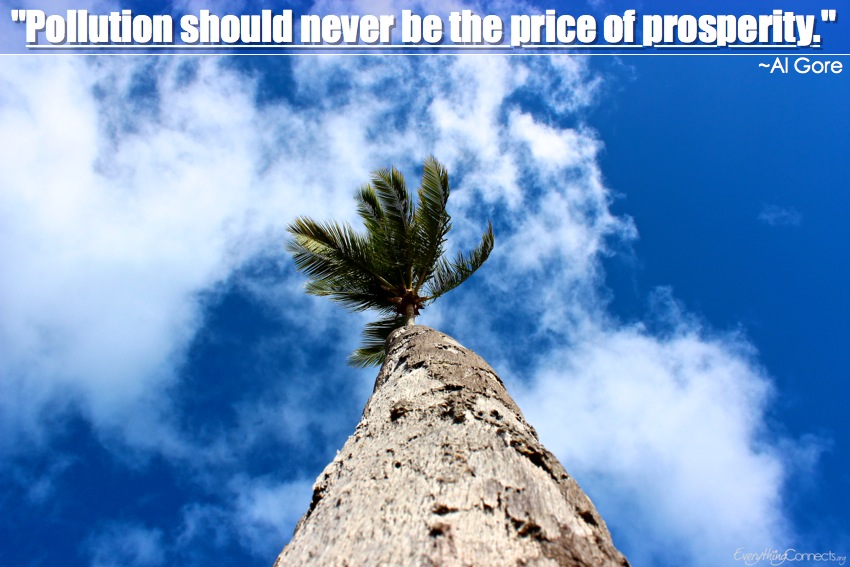- Home
- Missions
- Mission #1 >
- Field Updates1
- Plastic Pollution
- Mission #2 >
- Field Updates2
- Amazon Nature Photography
- Life in the Peruvian Amazon
- Tropical Deforestation and Tree Benefits
- Mission #3 >
- Field Updates3
- Cool Roofs
- Mission #4 >
- Field Updates4
- Power of You
- Issues
- Oceans in Peril >
- Ocean Acidification
- Overfishing
- Sea Level Rise
- Fish Farming
- Coral Reefs
- Jellyfish Takeover?
- Mass Extinction >
- Why Preserve Biodiversity?
- Poaching
- Pollinator Decline
- Invasive Species
- Global Warming >
- Evidence of Rapid Climate Change
- Scientific Consensus on Global Warming
- Global Warming Effects >
- IPCC Regional Impacts
- Global Warming Skepticism
- Global Warming Observations and Quotes
- Pollution >
- Air Pollution
- Water Pollution
- Soil Pollution
- Noise Pollution
- Light Pollution
- Waste >
- Landfills
- E-Waste
- Incineration
- Litter
- Habitat Loss >
- Main Types of Habitat Loss
- Habitat Loss by Habitat
- Urban Sprawl
- Overpopulation >
- Overpopulation Causes
- Overpopulation Effects
- Overpopulation Solutions
- Intensive Farming >
- Pesticides
- Factory Farms
- Fossil Fuels >
- Oil
- Coal
- Natural Gas
- Nuclear Power
- Finite Earth >
- Fresh Water
- Forests
- Arable Land
- Sustainability
- Guide to Green Living >
- Home & Work
- Shopping
- Travel & Sports
- Technology & Finance
- School & Building
- Health & Beauty
- Renewable Energy >
- Solar Energy
- Wind Energy
- Geothermal Power
- Bioenergy
- Transition Towns
- Agriculture
- Action Center
- Reforest the World
- End Plastic Pollution
- Protect Wildlife
- Reduce Waste
- Conserve the Oceans
- Avert Climate Change
- Preserve Habitats
- Reduce Pollution >
- Reduce Air Pollution
- Reduce Water Pollution
- Reduce Soil Pollution
- Reduce Light Pollution
- Reduce Noise Pollution
- Photography
- Infographics
- Blog
- About
- Contact
- Interactive Site Map
- Social Front Page
- Terms and Conditions
- Partnerships
- Donate
- Report a Broken Link
- 404
- Success
- Cancel

Reduce Pollution
Pollution can take many forms: the air we breathe, thewater we drink, thesoil we use
to grow our food, thelit-up skies
and even the increasing noise we hear
every day can all contribute to health problems and a lower quality of life with major disruptions and effects on wildlife and ecosystems. One of the greatest problems that the world is facing today is that of environmental pollution, which is causing grave and irreparable damage to the natural world and human society withabout 40% of deaths worldwide being caused by water, air and soil pollution
andcoupled with human overpopulation has contributed to the malnutrition of 3.7 billion people worldwide, making them more susceptible to disease. Pollution occurs in many forms ranging from chemicals in the form of gases or liquids, noise, energy sources such as light or heat, or solids such as the types of waste that end up in landfills. Even naturally occurring substances, such ascarbon dioxide
andmercury, can be considered pollution when additional quantities are added to the environment in unsafe amounts. A polluted environment is a polluted society - one we created and one only we can renew.
Learn more.
Why Reduce Pollution?

Reduce Air Pollution
Reducing air pollution runs hand in hand with improving your health, saving money, living greener and being consciously aware of the intricate connection everyday actions have with everyday breaths.

Reduce Water Pollution
Water is where life began and why life continues, but it is also the world's most threatened essential resource. Learn how you can help purify, conserve and protect water resources.



Reduce Soil Pollution
One by one, we can make a difference to help purify soils and restore balance to once fertile grounds, including your own backyard or farm.

Reduce Light Pollution
Light pollution is one of the easiest pollutions to clean up. Taking steps to reduce light pollution doesn't mean living in the dark - it's about making light more efficient and beneficial.

Reduce Noise Pollution
Noise pollution is an unwanted or disturbing sound which can interfere with normal activities for humans and wildlife, such as sleeping, conversation, reproduction, communication, or disrupt or diminish one's quality of life. Learn what you can do to escape or diminish it!
Guide to Green Living
Join an NRCS Natural Resources Conservation Program
and "help people reduce soil erosion, enhance water supplies, improve water quality, increase wildlife habitat, and reduce damages caused by floods and other natural disasters. Public benefits include enhanced natural resources that help sustain agricultural productivity and environmental quality while supporting continued economic development, recreation, and scenic beauty."
Explore - Discover - Join
Explore - Discover - Join
Make a Donation and Claim Your Nature Photo!
5,000 trees planted so far through our partnership with Trees for the Future
Report a Broken Link
Website designed, developed, and maintained by George Tsiattalos
Terms of Use | Fair Use Notice
Privacy Policy | Disclaimer Notice
Copyright © 2014 Everything Connects
5,000 trees planted so far through our partnership with Trees for the Future
Report a Broken Link
Website designed, developed, and maintained by George Tsiattalos
Terms of Use | Fair Use Notice
Privacy Policy | Disclaimer Notice



